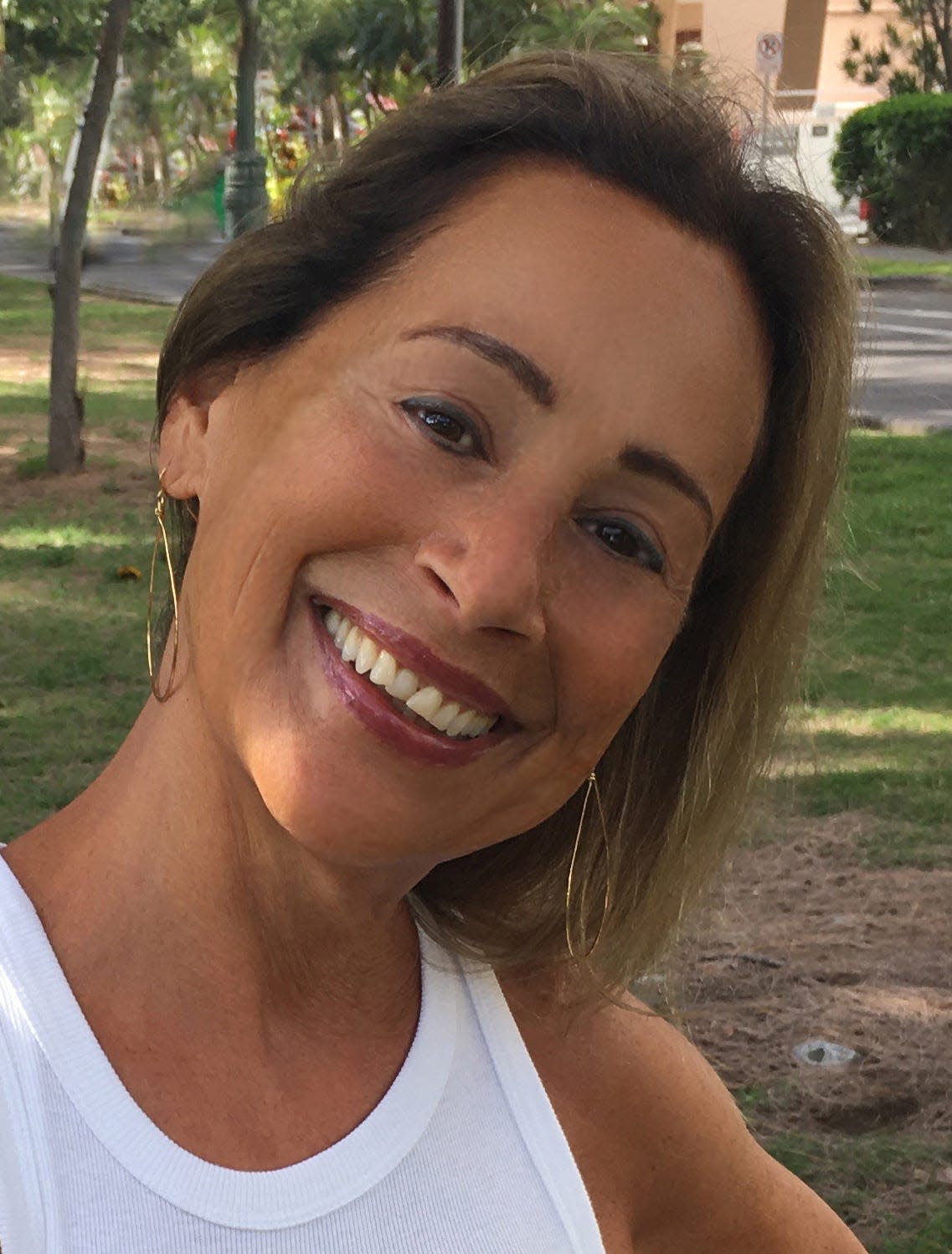Frequent visits to Eastern Washington teach a lesson about looking clearly at yourself
It’s the third week of April and it’s been warm and sunny for days. The warmth feels like sparks of . . . Hmm. What is it I feel in the air? Out of a few remarkably warm days, am I managing to spin a little hope?
Now, I have to say, a spark may be emotional or symbolic, but either way, sparks. And sparks are many things, but they always shed light.
And that’s what we want, isn’t it, to shed more light? To feel more confident because we are doing something, just one thing, to move beyond our mistakes? Because confidence is fragile, such a fragile thing. Confidence can fade faster than we think — too fast.
I feel my stomach clench.

Okay, my most recent worst-mistake involved a little too much wine (on my part) and a little too much anger about political differences (on his). But even if I am proud of my response at the time, it will still feel more like a lapse in judgement at 3 a.m., when I’ll wake with a start and proceed to scold myself, you could have just thanked him and quietly walked away.
But, like I said, new hope!
There are days, like today, when I see so clearly how being a visiting dance teacher has given me new perspective on everything this man was trying to explain to me.
See, even the most rundown town can have a ballet studio. But the thing that is so troubling to me is how rundown much of our state is. There is no inherent shame in this, but it had the lasting effect of abolishing any naïve cliché in my head about the equality of progress, of my faith in it, the likelihood of it, or any possibility of thinking our economy is on the right track for a lot of us.
Rundown is not naïve. Rundown is not progress.
On my last teaching tour, I’d anticipated seeing a few towns that are down on their luck, but I didn’t think there would be so many, which is really how it is out there. There are exceptions, college towns like Ellensburg. And Walla Walla has reinvented itself into a wine-tasting mecca, a little gem of Syrah success; triggering investors to buy up surrounding farmland and plow under the fruit and nut trees to make room for more and more vines while TRUMP signs shoot up fast as vineyard stakes.
Why?
Because the next generation who thought they’d be farmers feel left out of the tech-affluent, corporate culture of the coast. There is a sense of despair when the only job to hope for is one that has you filling Amazon orders in a windowless concrete hanger.
This is what I saw, and felt like I understood, in parts of Eastern Washington, a tight-fisted resistance to anything and anyone that is perceived to be from “the other side,” and not only of the Cascades. As the father of one of my students in Chehalis put it, and not all that jokingly, “you lefties in Seattle are nuts.” I knew he meant leftists, but I wouldn’t dare say so. After hours of approvingly watching an out-of-towner correct their kids’ coupés, pliés, passés, and piqués, parents can still turn on you if you dare correct them.
So I said nothing. I can do that. Sometimes.
But in a way, he was right. Friends on the other side of the mountains are always saying things like, “What is wrong with these Trump supporters? I just don’t get it.”
Well, I do get it. I can’t help but get it. I also get that these same friends don’t fully understand what employment-hopelessness feels like.
But those that know what it feels like, know.
I flush, embarrassed by how hard I came down on the man trying to explain all of this to me, even if my reaction was more about how he explained — it seems impossible that some people don’t know how patronizing they sound. Because he helped me to see that there all kinds of sparks we put our trust in when we see no other light ahead, even if the spark is deceptive or manipulative or egocentric or plain old phony: Hope. Ideals. Idols. Cults. Prophets. Mystics. Kings. Trump.
Yesterday I picked up a New York Times and a quote from a former deputy minister of defense in Afghanistan jumped out at me: “On one side are people in major cities who are more liberal, moderate, and educated but have grown out of touch with the rural population. On the other are conservative rural Afghans who feel neglected by a centralized state economy run by elites.” What struck me was how I could have been reading this in our paper. Today. About us.
I admire people who can face up to accountability on both sides, but I don’t feel as though I meet a lot of them lately, do you? I don’t know why I’m asking you this, except that I want to believe, heading into this new election cycle, that I am accountable.
Or more so, anyway.
This I can do.
Mary Lou Sanelli's newest collection of essays about living in the Northwest, In So Many Words, is due out in September. A professional speaker and a master dance teacher, she lives with her husband on Bainbridge Island. Visit her at www.marylousanelli.com.
This article originally appeared on Kitsap Sun: What Washington's east-west divide can teach about accountability
